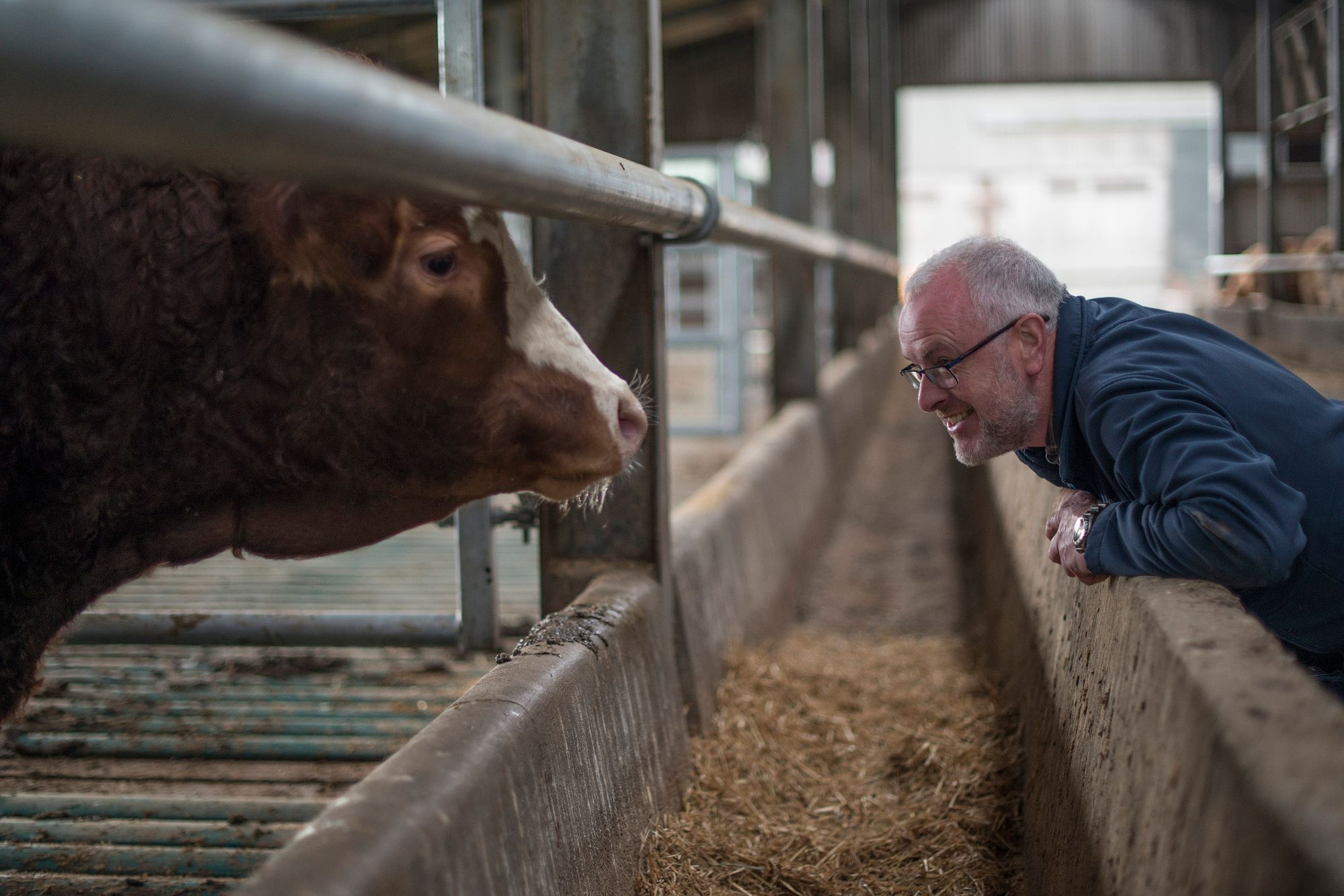Farmers Work Toward Organic Practices to Ensure Consumers’ Trust
In today’s world of healthy living, consumers’ demand for organic vegetables and foods is explosive. Think of the farmer’s market, where people flock to buy directly from the growers. But how do conscious consumers know their food is indeed grown without pesticides and antibiotics?
Long before the USDA Organic Transition Initiative, Quality Assurance International (QAI) supported farmers looking to transition their land to organic. For nearly 34 years, QAI has been an active industry leader in the fast-growing U.S. organic sector. QAI certifies products to the USDA’s mandatory National Organic Program (NOP). Headquartered in San Diego, California, the company has grown to certify operations in the United States, Canada, Latin America, Japan and the European Union.
What NSF’s QAI Transitional Certification Means for Farmers
Showing Farmers the Money
QAI transitional certification incentivizes farmers as they transition their land from conventional to organic growing methods. With the QAI Certified Transitional program, farmers, processors, distributors and retailers can ask for a price premium for certified transitional products as they support the expansion of organic acreage to match consumer demand.Get Smart From the Start
NSF’s QAI team inspects and reviews records to provide transitional certification at every stage of the supply chain, including shipping, distribution and packaging. But it all starts with farming and harvesting. To improve soil quality, a core tenet of organic certification, QAI verifies that farmers have not applied prohibited substances for at least three years before their crops can be labeled as organic. The QAI program also encourages farmers to rotate crops to improve soil fertility, increase yield and resist disease. On top of that, harvesting and processing equipment must be cleaned and sanitized by the USDA’s NOP requirements.Farmers Market Growth
Demand for certified organic products has outpaced supply, causing companies to not fill orders or import foreign organic ingredients to fulfill demand. Additionally, transitioning farmland to organic is costly, with limited return on investment, since it takes three years to become eligible for organic certification. These barriers have been hindered by the growth of organic farm acreage, which is only about 1% of U.S. farmland, despite double-digit annual organic revenue growth. QAI’s program helps offset these barriers by facilitating the transition of farmland to organic, allowing for premium pricing for the higher-value crop, which enables consumers to support the conversion of more organic acreage.Provides a Proof Point
The certificate provides proof for food companies, which can use the on-package QAI Certified Transitional logo to guide consumers to these products.Creates Goodwill
When farmers and consumers support the organic industry, they help the environment by reducing the use of synthetic chemicals. Chemicals used in conventional food production often leach back into the surrounding environment. By using more natural practices, organic production protects wildlife, promotes biodiversity, and helps to maintain and improve native ecosystems.Teaching Consumers
- No toxic or synthetic pesticides are used in farming.
- No antibiotics or synthetic growth hormones are used in the raising of cattle, pork or poultry.
- No genetically modified ingredients are included in the product.
- No prohibited substances. Sewage sludge, irradiation, GMOs and other National Organic Program-prohibited substances are not permitted on certified transitional land or product.
- Organic training. Producers and manufacturers are required to complete educational courses to demonstrate competency in organic regulations.
- Accountability. Farms and manufacturing facilities are subject to annual inspections and may be selected for unannounced inspections and sampling
- Due diligence. Records demonstrating compliance with the applicable elements of organic regulations must be created and maintained from the start of the program, including compliance plans, land use, soil fertility, seeds and planting stock, crop rotation, pest/disease control, and any inputs or ingredients used.
- Approved labeling. The product can display certain claims on the packaging, depending on the percentage of transitional ingredients. Products with at least 51% transitional ingredients can display the Certified Transitional mark.
Looking for More Information on Organic Certification?
Contact us with questions or to receive a quote.
Related Resources

Learn More About QAI Organic and Transitional Certification

What Does the Strengthening Organic Enforcement Proposed Rule Mean for You?
Related Posts

Foodstuffs: How To Store and Heat Leftovers Safely

Kitchen Cleaning 101: Your Ultimate Guide to Optimum Kitchen Cleaning

Keeping a Clean Home, Especially When You Share It With Your Pet

loMT: Utilize Internal Information Security Expertise to Combat Cyber Risks
Source:
ods.od.nih.gov/factsheets/WYNTK-Consumer
How NSF Can Help You
Get in touch to find out how we can help you and your business thrive.

What’s New with NSF

Michigan’s “Filter First” Law: A Guide for Schools and Childcare Centers
April 23, 2024
Healthy People Living on a Healthy Planet: The Future We’re Working For
April 4, 2024
American Meat and Egg Distributors Now California-Ready with NSF’s Prop 12 Certification
April 3, 2024